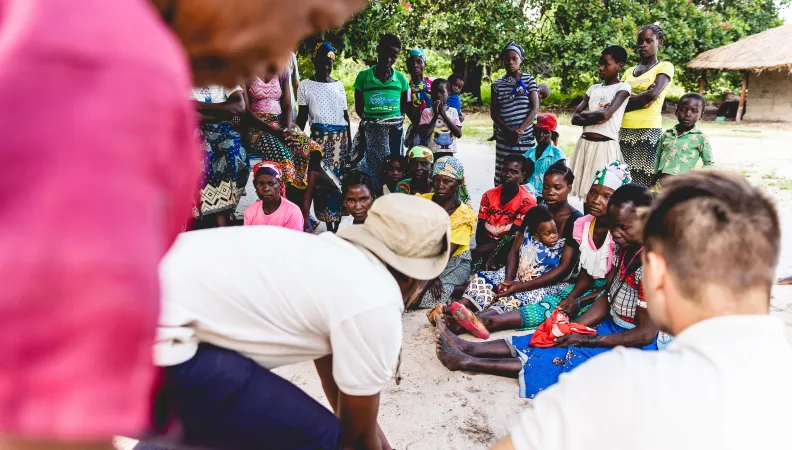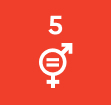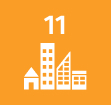Share the page
One Limpopo One Health: addressing the challenges of human, animal and ecosystem health togethern(OLOH)
Project


-
Project start date
-
Status
In progress
-
Estimated date of project termination
-
-
Project financing date
-
-
Financing duration
-
4 years
-
Type of program
-
FFEM
-
Global financing amount
-
€ 7540000
-
FFEM financing amount
-
€ 2000000
-
Project lead member institution(s)
-
AFD
-
Country and region
-
Mozambique
-
Type of financing
-
Partners
-
CIRAD
-
Beneficiaries
-
Peace Park Foundation (PPF)
-
Type of beneficiary
-
NGO, Foundation






Climate change and anthropic-derived pressures are exacerbating the competition between livestock and wildlife for use of Mozambique’s natural resources. The One Limpopo One Health (OLOH) project, supported by the FFEM and AFD, proposes a novel integrated and combined approach addressing the health of ecosystems, wild and domestic animals and humans.
Context
Together with the Kruger park in South Africa and the Gonarezhou park in Zimbabwe, the Limpopo national park forms part of the Great Limpopo Transfrontier Park (GLTP), one of the largest transfrontier conservation areas in Africa. The Limpopo national park sits at the crossroads of a number of challenges: between conservation which connects the various parks, and the economic & social development of the local communities (around 27,000 people) who as at the park’s creation in 2001 were living in some fifty villages mainly in the buffer zone along the left bank of the Limpopo and the right bank of the river Eléfantes.
The inhabitants primarily devote themselves to raising livestock, with pluvial agriculture providing a second income stream as well as being the main source of food production for households. However, access restrictions on some natural resources outside the buffer zone, and above all the ban on hunting within the whole park - including the buffer zone - has impacted many families, especially the most vulnerable.
With the progressive return of wildlife to the park against the backdrop of climate change, competition between livestock and wildlife for water resources and grazing risks exacerbating the situation. This increase in wildlife also generates conflict due to regular incursions into the plantations located along the water courses, which may threaten both food security and the physical safety of the inhabitants.
Lacking other options, families turn to the unsustainable exploitation of natural resources (coal, hunting etc.) and give in to sometimes unsound agricultural practices, leading to over-exploitation of the lands to compensate for the fall in productivity and consequent degradation of ecosystems, thereby further impacting local populations.
Description
The OLOH project aims to encourage holistic practices in agriculture and livestock rearing, the sustainable management of natural resources, and social and community development.
The project comprises 5 elements:
- Promoting shared regional planning to involve local populations and institutional actors in managing land usage (pasture and agricultural zones, water points etc).
- Developing sustainable livestock rearing through the “One Health” approach, addressing human, animal and ecosystem health issues.
- Strengthening resilience to climate and socio-economic shock for vulnerable families and women in the recipient communities, by offering them greater autonomy.
- Improving community involvement with respect to the management and sustainable use of natural resources by building up management committees and reducing wildlife-human conflict.
- Performing monitoring, reflective evaluation and capitalisation of experience through the definition of participative methodologies and indicators monitoring the impacts of activities proposed by the project and so allow strategies to be reviewed and lessons learned from the project.
Outcomes
- Drawing-up of a full priority assessment (management plan for the buffer zone, land utilisation, rural development priorities, definition of the shared methodology) for 30 villages.
- Collective management of pasture areas on 38,000 ha, with set rules.
- Restoration of pasture ecosystems on 46,000 ha.
- Implementation of 9 systems for livestock watering.
- Improvement of livestock health through veterinary services.
- Setting-up of 10 functional water supply systems.
- Implementation of crop irrigation systems, 24 pumps covering an area of 100 ha.
- Financing of projects to develop autonomy among 1,700 women and 700 vulnerable families.
- Taking into account of environmental issues and gender equality in 50% of local development funds.
- Definition of management rules for natural resources in 10 villages.
Innovative and exemplary features
The project supported by the FFEM relies on 2 innovative approaches for promoting the concerted management of rural areas. Firstly, pasture management is based on the theory of common interest, putting the accent on shared, communal resource governance using rules that should evolve as the context changes.
Furthermore, instead of being restricted to the relationship between human and animal health, the “One Health” concept, seeks to include ecosystem health in the equation, as part of the defined socio-ecological territory. This approach requires consideration of all the elements harmful to the health of each component and acting simultaneously on several factors, such as, for example: food security, making work less arduous, or improving the management of natural resources.
The innovations put forward for the OLOH project will be documented and analysed to ensure they result in measurable impacts, recognised by the communities themselves. This reflective monitoring and evaluation tool will be developed at the outset of the project, based on common consideration of the project’s challenges and the proposed innovations. This will allow deeper analysis of the baseline situation and information-gathering methods, together with the channels used to share result analyses.
Sustainable Development Goals
ODD3 Good health and well-being

ODD5 Gender equality

ODD10 Reduced inequalities

ODD11 Sustainable cities and communities

ODD12 Responsible consumption and production

ODD13 Climate action



